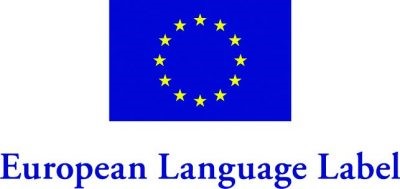The main focus of the Institute of Languages for Specific Purposes is on the interprofessional research and innovative development of medical communication, instruction of languages for specific purposes, training of medical interpreters and translators, supervising diploma theses and TDK (Students’ Scientific Association) theses, as well as organizing language examinations.
We provide language courses for graduate health care professionals, PhD students, and students in the Hungarian, English and German programs, with a focus on medicine, dentistry, pharmacy, health sciences, conductive education and health informatics. Our language instruction is unique among medical universities in Hungary in that, in addition to Latin-Greek medical terminology, we teach English, German, French, Spanish, Italian, Russian and, for foreign students, Hungarian, from complete beginner to advanced levels, in all specialties.
The syllabus of the professional language courses is based on authentic, real-life healthcare situations. We place a strong emphasis on the acquisition of accurate, practice-oriented communication and documentation skills, even at the beginner level. In recognition of its innovation and use of teaching assistants in LSP courses, the Department of LSP was awarded the European Language Label 2021.


The Institute is an examination center for the following nationally and internationally recognized language examinations: OET (Occupational English Test) for healthcare English, the Profex exam in medical and healthcare English and German, telc in general English and German, telc in medical German, and DFP (Diplômes de français professionnel) French language examinations in the fields of medicine, business, international relations and tourism.
 |
 |
 |
 |
 |
 |
We offer a two-semester Scientific Editor Training program, which is conducted entirely in English and delivered exclusively online. This program focuses on editing academic journals, theses, articles, and other scientific publications. Our Institute also offers postgraduate training for medical translators and interpreters in both Hungarian-English and Hungarian-German language pairs. During the training, special emphasis is placed on the use of computer-assisted translation tools and the integration of project-based translation and interpretation practices.
![]()
Our researchers, research teams and international partners undertake interprofessional, empirical, data-based, machine and manual analysis of health communication. We investigate patient-centered medical communication and terminology and, in close collaboration with medical professionals, we develop language strategies that support the development of medical terminology and patient-centered communication. To foster academic discussions about healthcare communication, we organize the Semmelweis Medical Linguistics Conference every year, bringing together researchers, scholars, and students from various interprofessional fields.


 |
 |
 |
 |
 |
 |